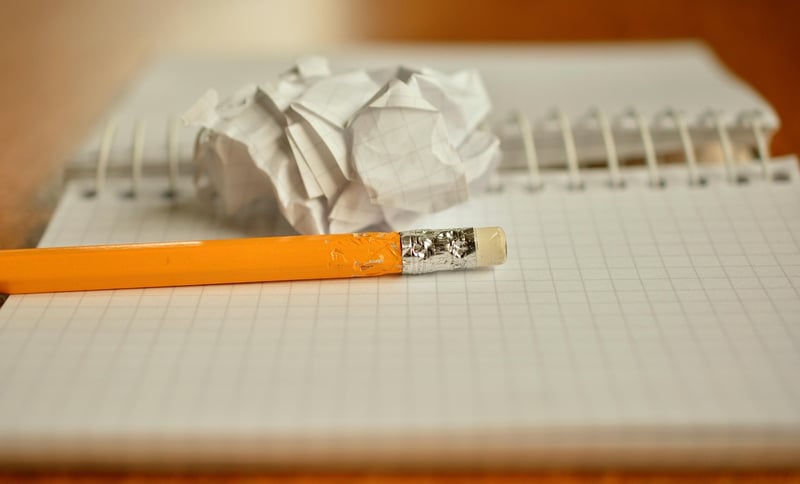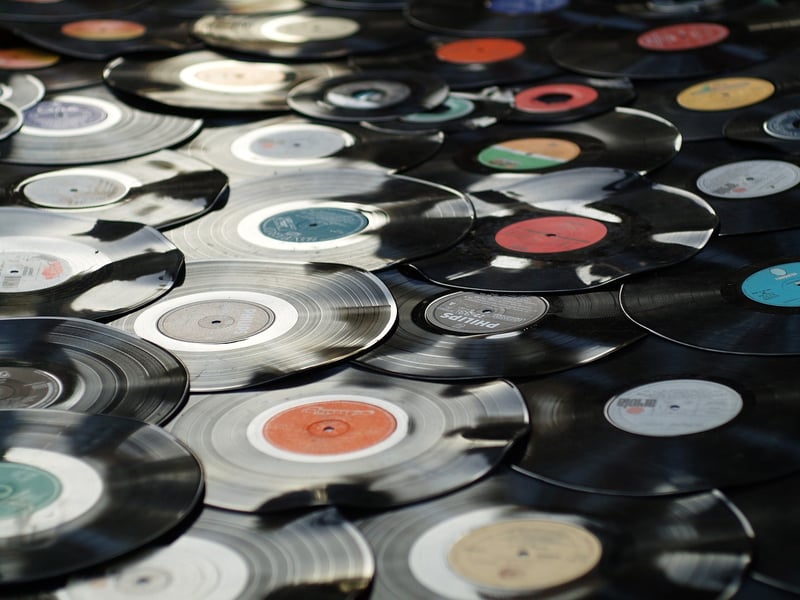Journaling Techniques
Effective Journaling Techniques for Managing Emotions
Journaling is a powerful tool for managing emotions and improving mental well-being. By putting your thoughts and feelings onto paper, you can gain clarity, process difficult emotions, and track your progress over time. Here are some effective journaling techniques to help you navigate and regulate your emotions:
1. Morning Pages
Start your day by writing three pages of stream-of-consciousness thoughts. This practice, popularized by author Julia Cameron, can help you clear your mind, set intentions for the day, and identify any underlying emotions that may be affecting you.
2. Gratitude Journaling
Each day, write down three things you are grateful for. Focusing on the positive aspects of your life can shift your perspective and boost your mood. Gratitude journaling can help cultivate a sense of appreciation and contentment.
3. Emotion Tracking
Create a daily log where you record your emotions at different points throughout the day. Note the triggers, intensity, and duration of each emotion. This practice can help you identify patterns, understand your emotional responses, and develop healthier coping mechanisms.
4. Letter Writing
Write a letter to yourself, a loved one, or even someone you are in conflict with (without sending it). Express your thoughts, feelings, and unspoken words on paper. This exercise can provide emotional release, clarity, and closure.
5. Creative Expression
Use your journal as a creative outlet. Doodle, paint, or incorporate collage elements to visually represent your emotions. Engaging in creative expression can offer a different perspective on your feelings and promote self-discovery.
6. Reflection Prompts
End your day by responding to reflection prompts such as "What am I proud of today?" or "What could I have handled better?" Self-reflection can increase self-awareness, emotional intelligence, and personal growth.
By incorporating these journaling techniques into your daily routine, you can enhance your emotional regulation skills, gain insights into your inner world, and foster a greater sense of self-awareness and well-being.

Remember, journaling is a personal practice, so feel free to experiment with different techniques and find what works best for you. Embrace the process of self-discovery and emotional healing through the power of writing.
